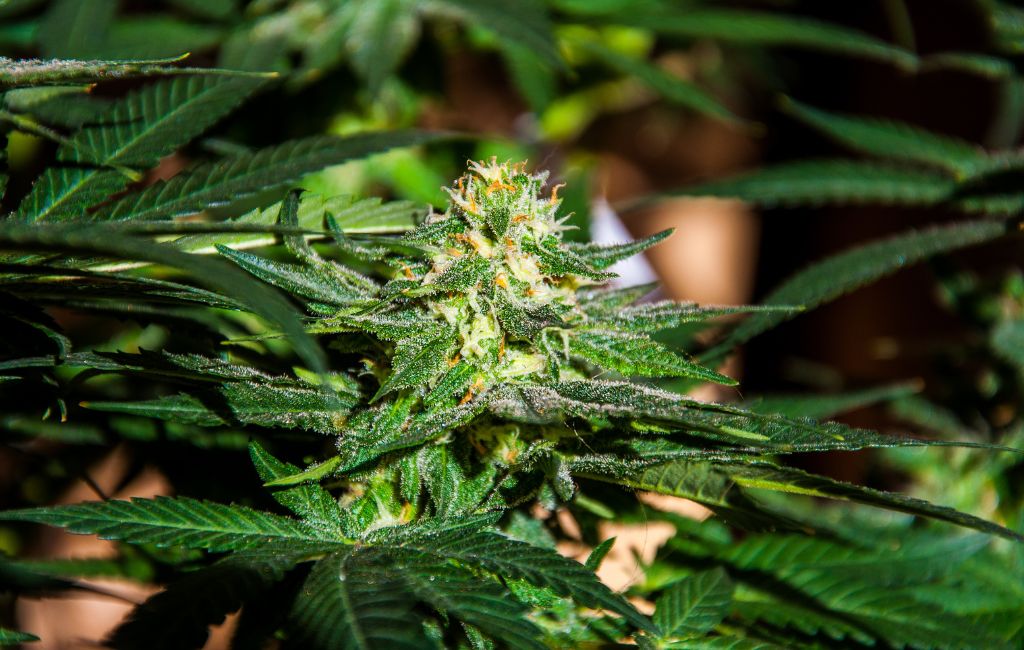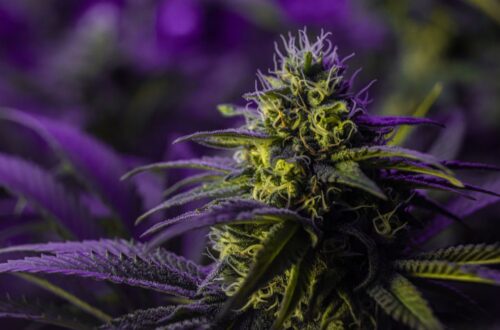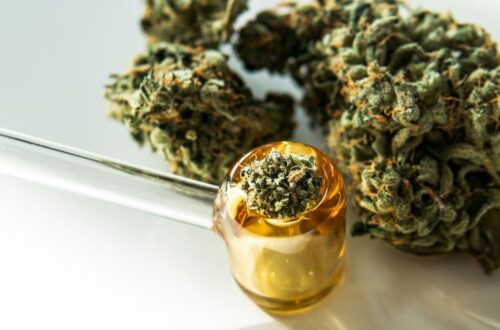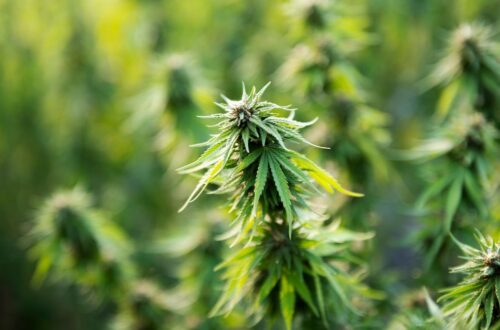THCa Flower Effects: What to Expect
Cannabis has long been a subject of interest for its diverse effects and potential benefits. Among the many compounds found in cannabis, THCa (tetrahydrocannabinolic acid) is gaining attention. Unlike THC, THCa is non-psychoactive in its raw form, but it holds promise for various therapeutic applications. This article explores the THCa flower effects, providing insights into what users might experience.
Understanding THCa
What is THCa?
THCa is a cannabinoid found in raw and live cannabis plants. It is the acidic precursor to THC, the compound responsible for the psychoactive effects of cannabis. When cannabis is heated through smoking, vaping, or cooking, THCa converts to THC through a process called decarboxylation.
How THCa Works
THCa interacts with the body’s endocannabinoid system, which plays a role in regulating various physiological processes. Unlike THC, THCa does not bind directly to CB1 receptors in the brain, which is why it does not produce a high. Instead, it may influence other receptors and pathways, contributing to its potential therapeutic effects.
Potential Benefits of THCa
Anti-Inflammatory Properties
Research suggests that THCa may have anti-inflammatory effects. This could make it beneficial for individuals dealing with conditions characterized by inflammation, such as arthritis or inflammatory bowel disease.
Neuroprotective Effects
Studies indicate that THCa might offer neuroprotective benefits. This means it could help protect nerve cells from damage, which is particularly relevant for neurodegenerative diseases like Alzheimer’s and Parkinson’s.
Anti-Emetic Properties
THCa has shown promise in reducing nausea and vomiting. This could be particularly helpful for patients undergoing chemotherapy or those with chronic conditions that cause nausea.
Pain Relief
While more research is needed, some evidence points to THCa’s potential in managing pain. Its non-psychoactive nature makes it an appealing option for those seeking relief without the high associated with THC.
Consumption Methods
Raw Consumption
One way to consume THCa is by eating raw cannabis leaves or flowers. This method preserves the THCa content, allowing users to experience its effects without converting it to THC.
Juicing
Juicing raw cannabis is another popular method. This approach not only retains THCa but also provides a range of other beneficial compounds found in the plant.
Tinctures and Topicals
THCa can be extracted and used in tinctures or topicals. These products offer a convenient way to incorporate THCa into a wellness routine without smoking or vaping.
User Experiences
Case Study: Chronic Pain Management
A study involving patients with chronic pain conditions found that those who incorporated THCa into their treatment reported a reduction in pain levels. Participants appreciated the absence of psychoactive effects, allowing them to maintain daily activities without impairment.
Case Study: Inflammatory Conditions
In another case, individuals with inflammatory conditions like rheumatoid arthritis experienced decreased inflammation and improved mobility after using THCa-rich products. These findings highlight the potential of THCa as a natural anti-inflammatory agent.
Potential Side Effects
Mild Side Effects
While THCa is generally well-tolerated, some users may experience mild side effects such as dry mouth or slight dizziness. These effects are typically short-lived and less pronounced than those associated with THC.
Lack of Psychoactivity
For those seeking the psychoactive effects of cannabis, THCa may not meet expectations. Its non-psychoactive nature is a benefit for some but a drawback for others looking for a high.
Legal Considerations
Legal Status
The legal status of THCa varies by region. In some areas, it is considered legal due to its non-psychoactive nature, while in others, it falls under the same regulations as THC. It’s important for users to be aware of local laws before purchasing or consuming THCa products.
Conclusion
THCa flower offers a range of potential benefits, from anti-inflammatory and neuroprotective effects to pain relief and anti-emetic properties. Its non-psychoactive nature makes it an attractive option for those seeking therapeutic benefits without the high associated with THC. As research continues, the understanding of THCa’s effects and applications will likely expand, offering new possibilities for its use in wellness and medicine.





